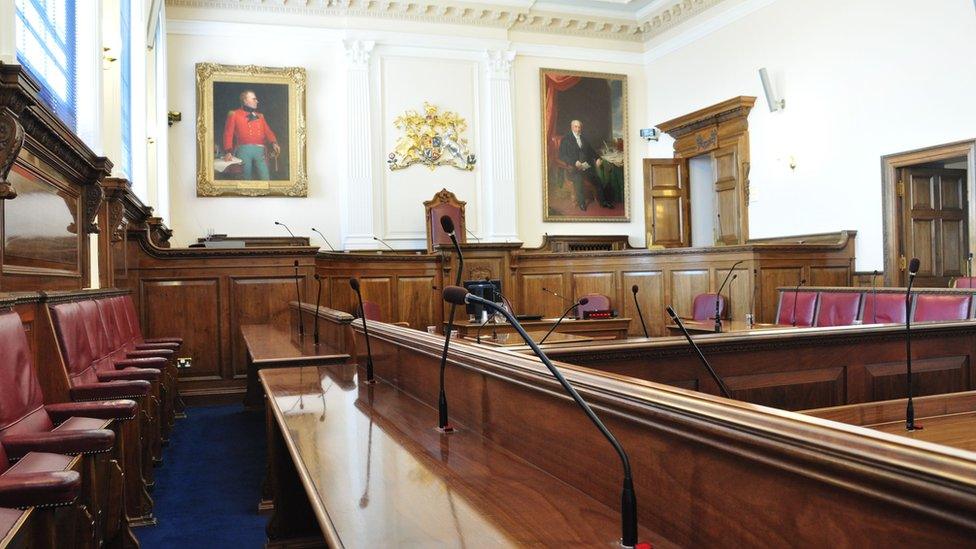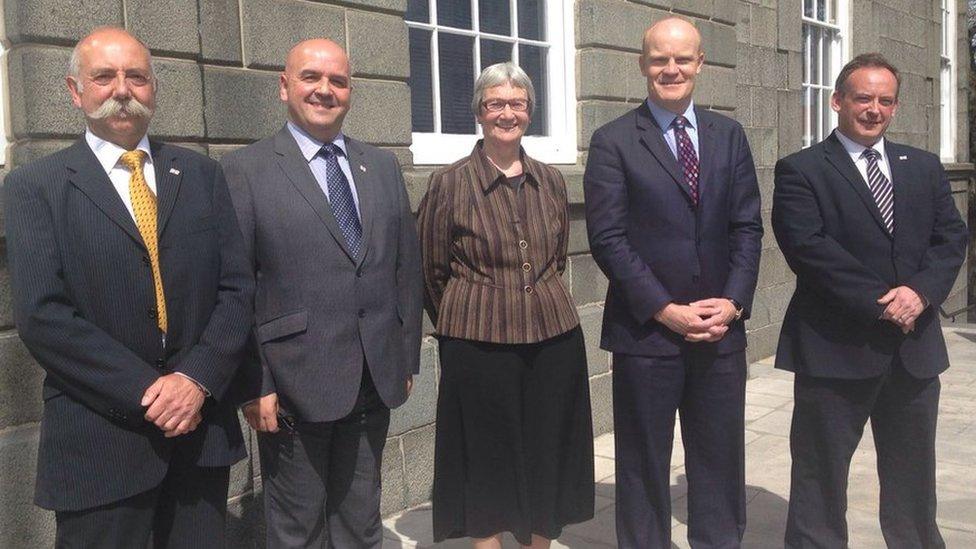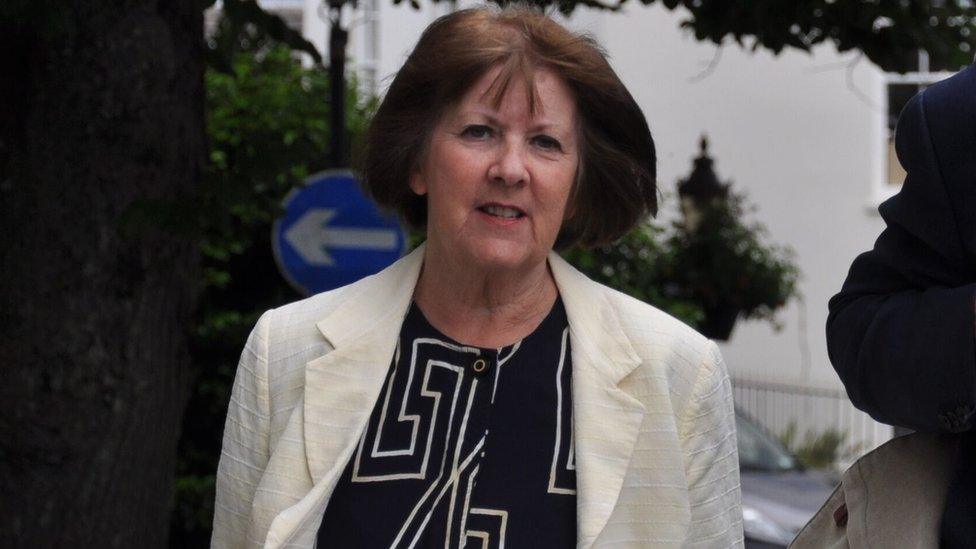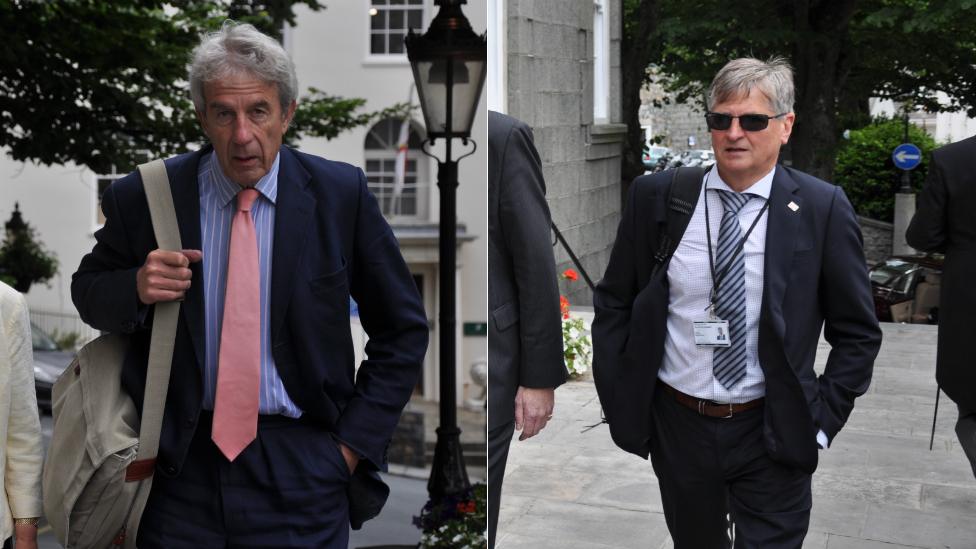Guernsey's education committee faces 'many challenges', report says
- Published

This is the fourth independent governance review of Guernsey's committee system
Guernsey's Committee for Education Sport and Culture (ESC) faces "many challenges" to meet governance standards, according to a new report.
The review, external is the fourth into the island's committee system by Prof Catherine Staite of the University of Birmingham.
She found "many aspects" of governance were "satisfactory", but performance was a "mixed picture".
The report also concluded the structure of the political system hampered ESC.
Prof Staite's most recent review determined that the island's senior Policy and Resources Committee was hampered by "power vacuum" inherent to the system.
The first study, focused on the Health and Social Care Committee, criticised its independence and public engagement, while the second, into the Home Affairs Committee, was damning of alleged "bullying".
According to Prof Staite, the ESC demonstrated it "worked very hard and made some significant achievements" and strived to be "open and transparent".
However, she cited concerns with its relationship with civil servants and engagement with the public.
'Fit for purpose'
The report also concluded the ESC is hampered by the nature of Guernsey's political system.
Among these structural issues highlighted by Prof Staite is the "highly dispersed" power of the committee system, allowing for groups of deputies to force change to agreed policy directions.
She identified the States postponement of the 'one school, two sites' model in March as an example.
Recommendations from the report include:
States discussion of how "fit for purpose" current political structures are and how to improve them
ESC building "stronger working relationships" with civil servants
Developing a "consistent approach to strategic planning" across all committees
ESC president, Deputy Matt Fallaize, said his committee welcomed the report.
"The overall conclusion seems to be that in many aspects governance is satisfactory with many remaining challenges and that effectiveness has improved over time and we feel this is a fair and balanced assessment," he added.
- Published2 December 2019

- Published3 March 2020

- Published28 June 2019

- Published24 June 2019

- Published21 June 2019
